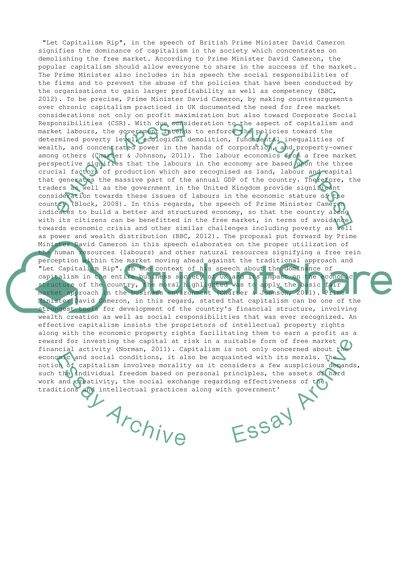Cite this document
(“Sustainable Management Futures Assignment Example | Topics and Well Written Essays - 1500 words”, n.d.)
Retrieved from https://studentshare.org/management/1397698-sustainable-management-futures
Retrieved from https://studentshare.org/management/1397698-sustainable-management-futures
(Sustainable Management Futures Assignment Example | Topics and Well Written Essays - 1500 Words)
https://studentshare.org/management/1397698-sustainable-management-futures.
https://studentshare.org/management/1397698-sustainable-management-futures.
“Sustainable Management Futures Assignment Example | Topics and Well Written Essays - 1500 Words”, n.d. https://studentshare.org/management/1397698-sustainable-management-futures.


